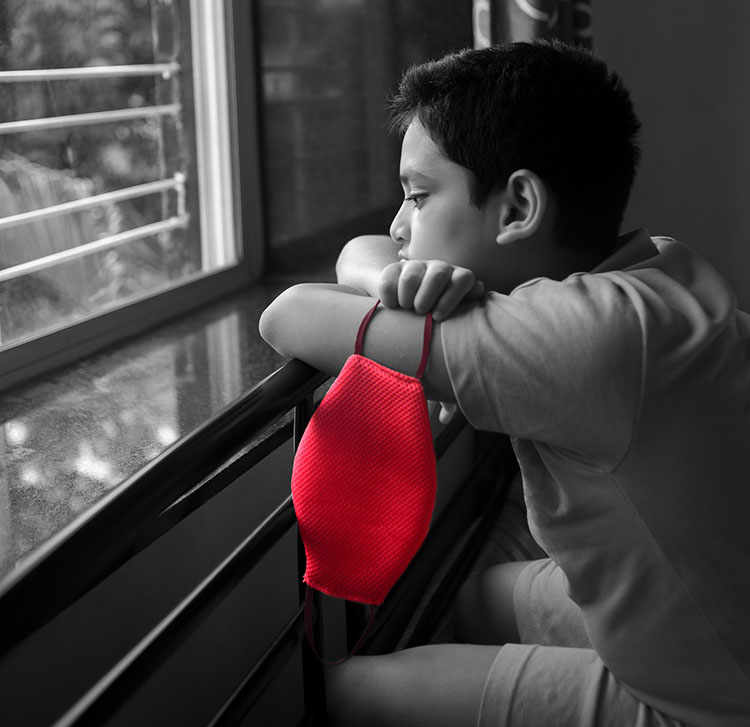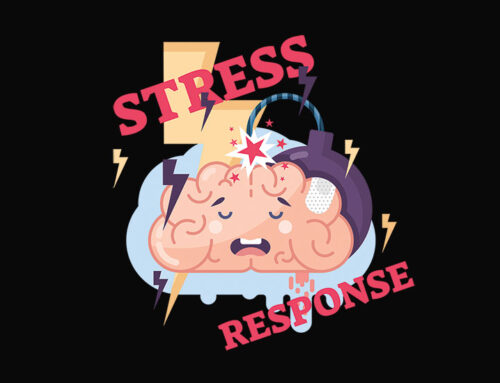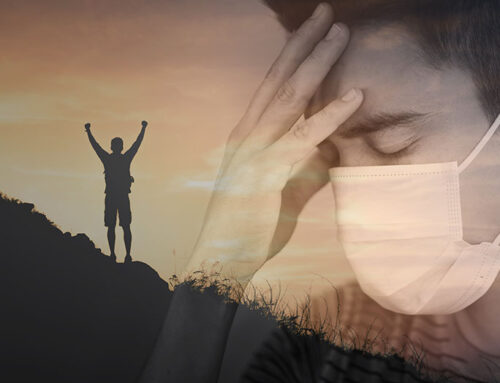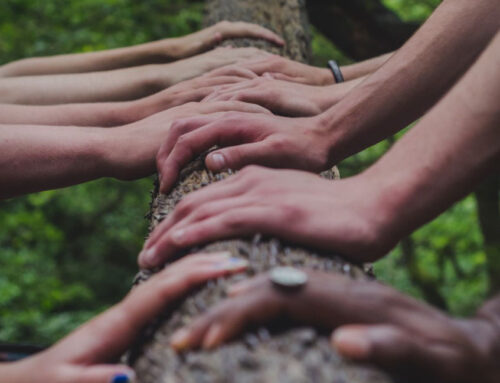Normalcy is defined as the state of being typical, usual, or expected. For years, we lived our lives seemingly carefree and distant from the possibility of a catastrophe. Then, COVID hit, whipping us in the face with variants such as Delta and most recently, Omicron. For children, teens, and college students, the changes have been unreal. The prolonged periods of uncertainty in the past two years has undoubtedly led to an increase in anxiety and depression among children and teens.
According to the latest statistics from the American Psychological Association (APA), mental health–related emergency department visits increased 24% from 2019 to 2020 of March – October for children ages 5 to 11 and 31% for ages 12 to 17. The exponential rise in the needs of child mental health services have put schools, parents, and clinicians on high alert. As a psychologist who has worked in schools and currently in private practice, I have seen the rates of anxiety and depression increase dramatically. Children and teens are struggling with so much that the thought of doing anything more than what is expected has become strenuous. What was once viewed as simple, routine tasks such as waking up and going to school, have become sources of anxiety and stress. For some of my students, returning to school has taken on a whole new feeling which I’ve come to call “mental paralysis”. This paralysis is indicative of the necessity of a routine and structure in our lives.
So, how do we assist our kids with the tools to manage anxiety and depression? The key is mindfulness. Mindfulness is defined as a mental state achieved by focusing one’s awareness on the present moment, while calmly acknowledging and accepting one’s feelings, thoughts, and bodily sensations. It enables us to meet the stresses of the world with greater satisfaction, self-compassion, and a sense of being in control of one’s thoughts and actions. Using the example of waking up in the morning and getting to school, I teach kids to focus on the smaller moments – getting out of bed, stretching, taking a few moments to gather themselves, brushing their teeth, washing their face, and putting clothes on. After that is complete, thinking about breakfast and enjoying their meal. If kids are rushing in the mornings, parents are reminded to complete as much as they can the night before to reduce stress such as putting backpacks by the door, making lunches, setting out clothing, and figuring out breakfast. That way, kids can think about the present and focus on only getting ready in the morning.
Aside from focusing on the present, additional mindfulness tools are calming exercises such as belly breathing and guided meditation exercises (check out the app, Calm and Headspace for kids). Parents can also practice forgiveness and gratitude. Learning to forgive ourselves and others when mistakes are made help clarify our imperfections and guide us to stretch ourselves to grow and learn. Similarly, reminding children to be thankful and appreciative of others teaches them how to value the importance of building strong relationships.
We have miles to go before our children can heal from the pandemic. It will take a full team of people to support our youngsters. We must remember to take each day one at a time.
 By Maliha Sheikh, PsyD
By Maliha Sheikh, PsyD
Maliha Sheikh is a NJ Certified School Psychologist and licensed psychologist in private practice in Bernardsville, NJ. Dr. Sheikh specializes in child and adolescent psychology and has worked in school districts for over twenty years. In her free time, she enjoys spending time with her husband, two children, and two cats.
Subscribe to SAMHIN’s email list if you would like to be notified when SAMHIN publishes new blog posts.
If you are interested in joining SAMHIN’s mission or have questions about the organization, please contact SAMHIN at info@samhin.org.







Leave A Comment